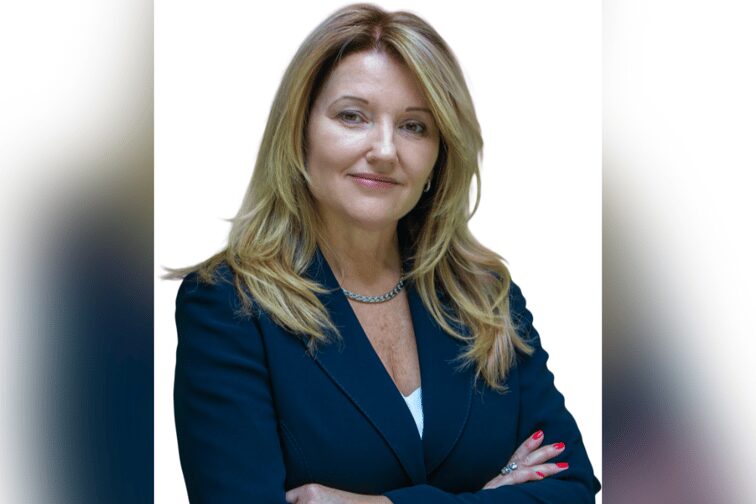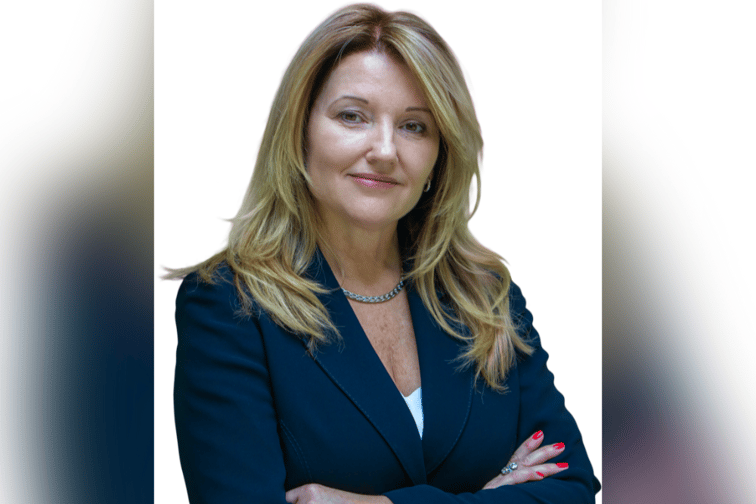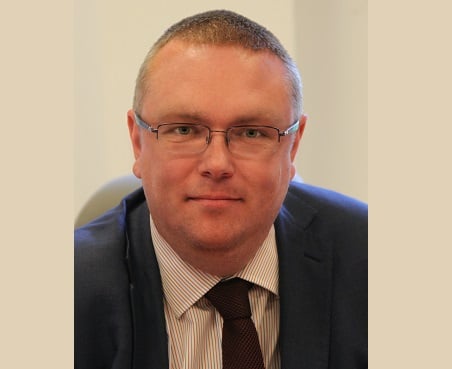
Shift spurred by investor pressure after years of significant catastrophe losses

Global reinsurers are reducing their coverage for medium-sized natural catastrophe risks, according to a report by Fitch Ratings.
This shift is primarily attributed to investor pressure following years of significant catastrophe losses and improved profitability in other sectors of the market, according to Fitch. Even the strongest reinsurers have scaled back their involvement, primarily by tightening their terms and conditions to limit their exposure to aggregate covers and lower layers of natural catastrophe protection. As a result, primary insurers now find themselves with less protection against secondary peril events.
However, reinsurers still offer substantial coverage for the most severe events, Fitch reported. This recent development in the reinsurance market indicates a return to its pre-soft market state, where the focus is on providing capital protection for cedents rather than earnings protection.
The natural catastrophe business has proven to be unprofitable in recent years, as prices have failed to keep up with the increasing frequency, severity, and volatility of weather-related losses caused by climate change. This has significantly diminished reinsurers’ willingness to provide natural catastrophe coverage, especially since other business lines are experiencing price increases that outpace claims inflation. The implementation of tighter terms and conditions for natural catastrophe cover is considered a structural improvement that will enhance reinsurers’ risk profiles in the medium term, Fitch said. These changes are unlikely to be swiftly reversed, even when market conditions change.
According to Aon, insured natural catastrophe costs reached US$53 billion globally in the first half of 2023, which is 47% higher than the 20-year average. Despite this, the 18 non-life reinsurers monitored by Fitch reported robust underwriting profitability in the same period, with an aggregate reinsurance combined ratio of 88%. This positive outcome was driven by price increases in many business lines that surpassed claims inflation, as well as a reduced burden from natural catastrophes as cedents retained more losses themselves. The aggregate ratio also includes moderate losses of 6.7 percentage points from natural catastrophes.
On the other hand, life reinsurance profits have returned to pre-pandemic levels due to significantly lower excess mortality claims related to the pandemic, Fitch reported. Additionally, the performance of investments has benefited from a rebound in equity markets and higher reinvestment rates as interest rates stabilised at higher levels.
The renewals in June and July 2023 showed continued momentum in reinsurance pricing. The US property-catastrophe markets experienced the most significant price increases, ranging from 30% to 75% for loss-hit business and 10% to 40% for loss-free business. In contrast, premium rates for casualty lines remained relatively stable, reflecting the greater capacity allocated to them.
Fitch expects reinsurers to maintain strong underwriting discipline despite higher interest rates, and the hardening of the reinsurance market is anticipated to persist into 2024. However, future price increases are expected to be more moderate compared to 2023, as rate adequacy has generally been achieved through several rounds of hardening since 2018.
Have something to say about this story? Let us know in the comments below.
Related Stories
Keep up with the latest news and events
Join our mailing list, it’s free!

This page requires JavaScript


















